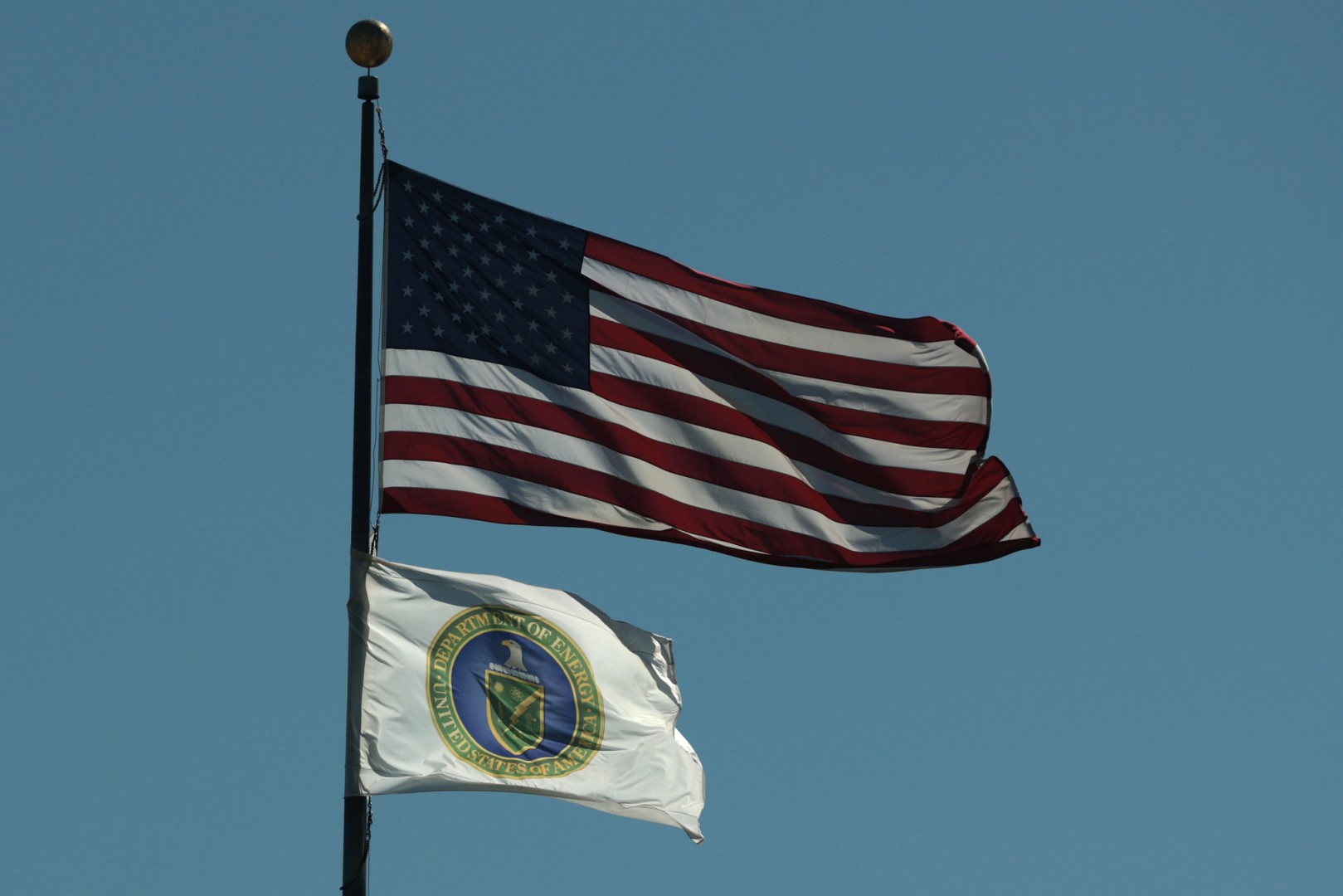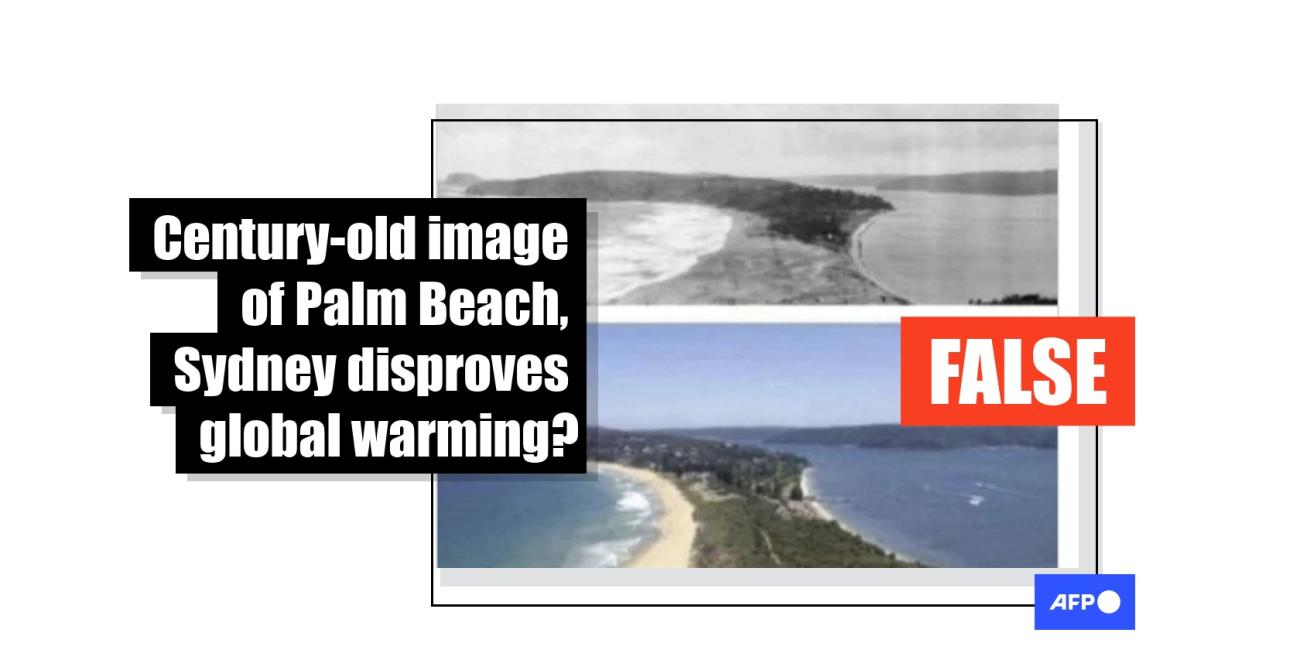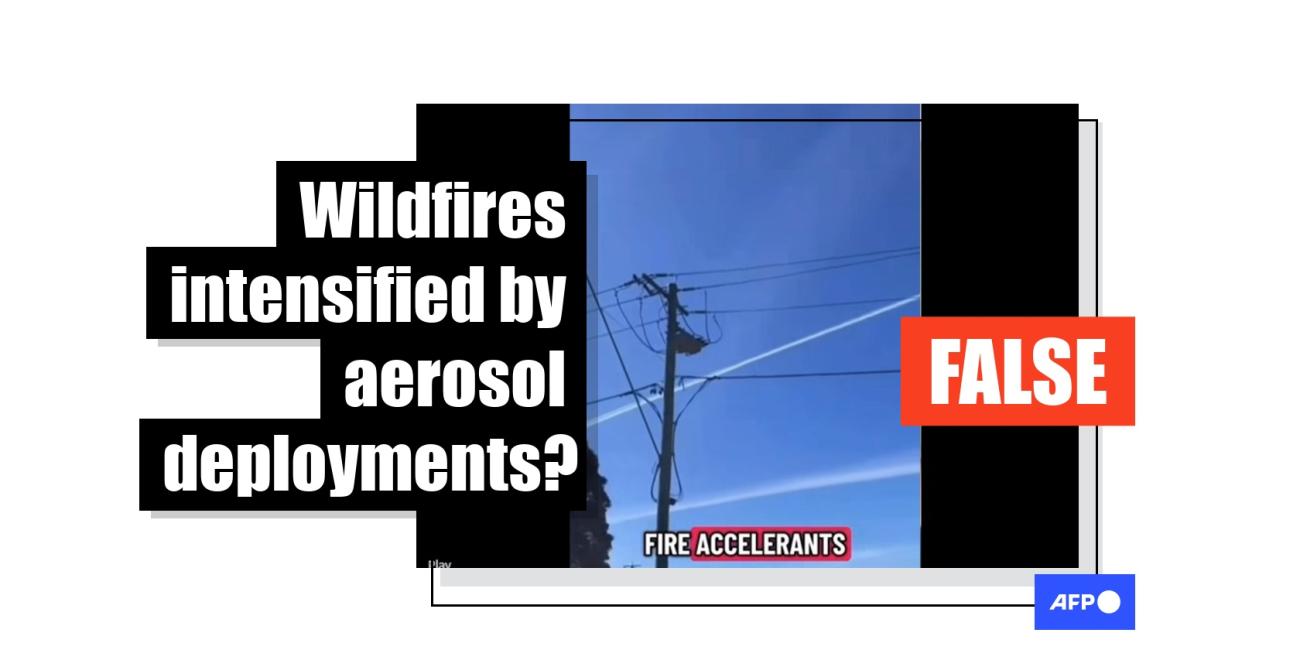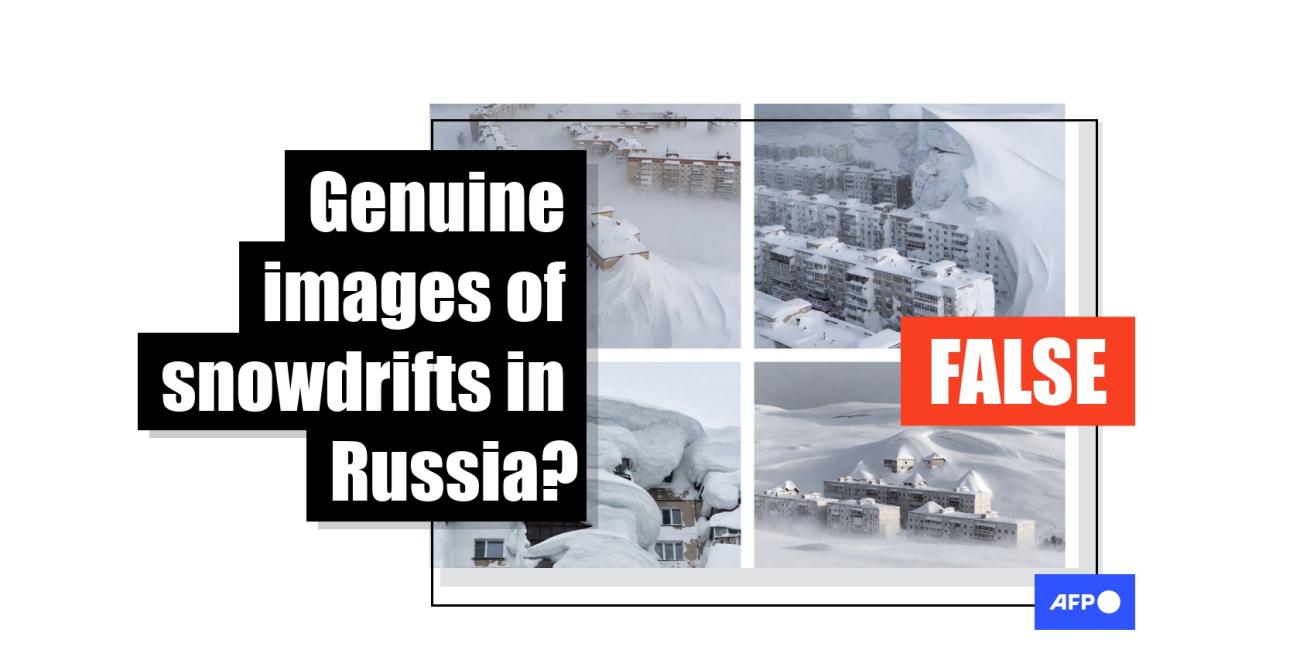
US Energy Department misrepresents climate science in new report
- Published on August 1, 2025 at 23:42
- 3 min read
- By Manon JACOB, AFP USA
The document released July 29, 2025, outlines the Trump administration's rationale for revoking a foundational scientific ruling that underpins the government's authority to combat climate change (archived here).
The paper was written by a working group including John Christy and Judith Curry, who both have past links to The Heartland Institute, an advocacy group that frequently pushes back against the scientific consensus on climate change, which AFP has investigated.
It "completely misrepresents my work," Benjamin Santer, atmospheric scientist and honorary professor in the School of Environmental Sciences at the University of East Anglia in Britain (archived here), told AFP on July 31.
Santer said a section of the report on "stratospheric cooling" contradicted his findings while citing his research on climate "fingerprinting," a scientific method that seeks to separate human and natural climate change, as evidence for its analysis.
Similarly, climate scientist Zeke Hausfather (archived here) said some of his findings were discarded entirely "as not fitting their narrative."
His work is cited throughout the paper and on July 31 he told AFP the references to models historically overestimating future CO2 concentrations (Hausfather et al., 2019) and to a scenario representing high greenhouse gas emissions throughout the 21st century (Hausfather and Peters 2020) are "not too badly misrepresented." But he said they "neglected to mention how the paper on models also showed how accurate historical climate models have been" (archived here and here).
"They also appear to have completely ignored my paper (Hausfather et al 2013) showing minimal urban heat island biases on temperatures, and instead only featured the small number of papers finding a larger regional effect" (archived here).
He said the DoE report "gives a terribly skewed view of the underlying climate science and highlights a number of fringe studies that have been subsequently shown to be riddled with errors."
Planetary scientist and astrobiologist Joshua Krissansen-Totton said on July 31 his research (archived here) on climate and ocean pH of the early Earth -- meaning billions of years ago -- was cited to draw misleading parallels to modern ocean acidification.
AFP and other media, including NOTUS (archived here), a US digital news website affiliated with the nonprofit Allbritton Journalism Institute, found inaccurate citations, flawed analysis and editorial errors across the document.
This is the third time since January, when Donald Trump took office, that scientists have told AFP a government agency has misrepresented academic work to defend their policies.
Previous instances included made up citations in the government's "Make America Healthy Again" report, which the administration then rushed to edit.
"I am concerned that a government agency has published a report, which is intended to inform the public and guide policy, without undergoing a rigorous peer‑review process, while misinterpreting many studies that have been peer‑reviewed," Bor-Ting Jong, an assistant professor at the Vrije Universiteit Amsterdam in the Netherlands, told AFP on July 31 (archived here).
Jong said the paper made false statements about the climate model her team examined and used different terminology that led to a flawed analysis of her findings.
Call for a coordinated response
On Bluesky, the budding social media platform favored by academics, other researchers in atmospheric and extreme weather fields also deplored that the DoE document cherry-picked data and omitted or plainly distorted their academic findings (archived here).
Climate scientist Andrew Dessler (archived here) on July 31 initiated (archived here) a call for a coordinated response from academics specialized in areas mentioned in the report.
James Rae (archived here), a climate researcher at the University of St Andrews in Scotland, who said his work is also misrepresented in the report, told AFP on July 31 the shift in how the department uses scientific research "is really chilling."
"DoE was at the forefront of science for decades. Whereas this report reads like an undergraduate exercise in misrepresenting climate science," he said.
Contacted by AFP, a DoE spokesperson said on July 31 that the report was reviewed internally by a group of scientific researchers and policy experts from the Office of Science and National Labs.
The public will now have the opportunity to comment on the document before it is finalized for the Federal Register (archived here).
"The Climate Working Group and the Energy Department look forward to engaging with substantive comments following the conclusion of the 30-day comment period," the department added.
Gwen Roley, Bill McCarthy and Marisha Goldhamer contributed reporting to this article.
Copyright © AFP 2017-2026. Any commercial use of this content requires a subscription. Click here to find out more.
Is there content that you would like AFP to fact-check? Get in touch.
Contact us




